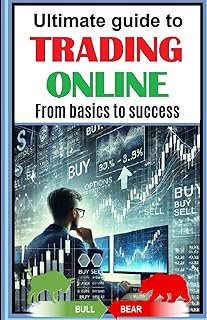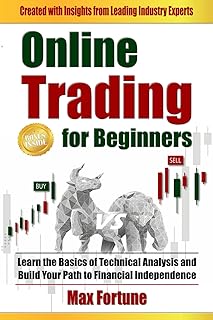The evolution of online trading has revolutionized the investment landscape, empowering individuals to take control of their financial futures. With the advent of platforms like E*TRADE in 1983, the once complex process of buying and selling stocks became accessible to the masses. This shift marked a pivotal moment, enabling investors to leverage digital tools and real-time data to make informed decisions.
While the abundance of online resources has democratized investing, it has also raised questions about the feasibility of self-managed portfolios. The allure of circumventing financial advisors and reducing fees can be enticing, but navigating the nuances of wealth management requires more than just access to information. Successful investing demands a deep understanding of key principles and strategies.
Modern Portfolio Theory (MPT) serves as a cornerstone for constructing investment portfolios tailored to individual needs. Beyond mere asset allocation, MPT emphasizes optimizing efficiency to maximize returns while mitigating risk. Financial advisors leverage sophisticated software to fine-tune portfolios based on dynamic factors like age, financial goals, and risk tolerance, offering insights beyond the reach of the average retail investor.
Risk, a fundamental aspect of investing, often eludes simplistic definitions. While many grasp the concept of risk tolerance superficially, its behavioral implications are far-reaching. Inexperienced investors frequently fall prey to emotional decision-making, buying high and selling low in a bid to outsmart the market. Mastering risk management demands a disciplined approach that transcends mere awareness of potential losses.
The Efficient Market Hypothesis (EMH) challenges the notion of consistently beating the market, positing that all available information is instantly priced into securities. While short-term gains may fuel optimism, sustaining outperformance over extended periods remains elusive. Notable exceptions like Warren Buffett notwithstanding, empirical evidence underscores the formidable task of consistently outpacing market benchmarks.
Embarking on a journey of self-directed investing necessitates a learning curve akin to any profession. Experience, often acquired through trial and error, forms the bedrock of investment acumen. Observing market dynamics, understanding its nuances, and honing decision-making skills are essential prerequisites for managing one’s financial destiny.
Before venturing into self-managed accounts, aspiring investors are well-advised to cultivate a comprehensive understanding of investing. While the allure of autonomy may be compelling, the stakes are high when it comes to retirement savings. Seeking professional guidance for long-term financial planning can provide a safeguard against costly missteps and ensure a secure financial future.
📰 Related Articles
- Young Australians Exposed to Online Gambling Risks, Study Reveals
- Unlocking Domain Flipping: Strategies, Risks, and Rewards Explained
- Suriname’s Oil Boom: Balancing Investment Rewards with Political Risks
- Investing in Silver Bullion: Benefits, Risks, and Market Dynamics
- Investing in SEO Services: Vital for Online Visibility in 2025






